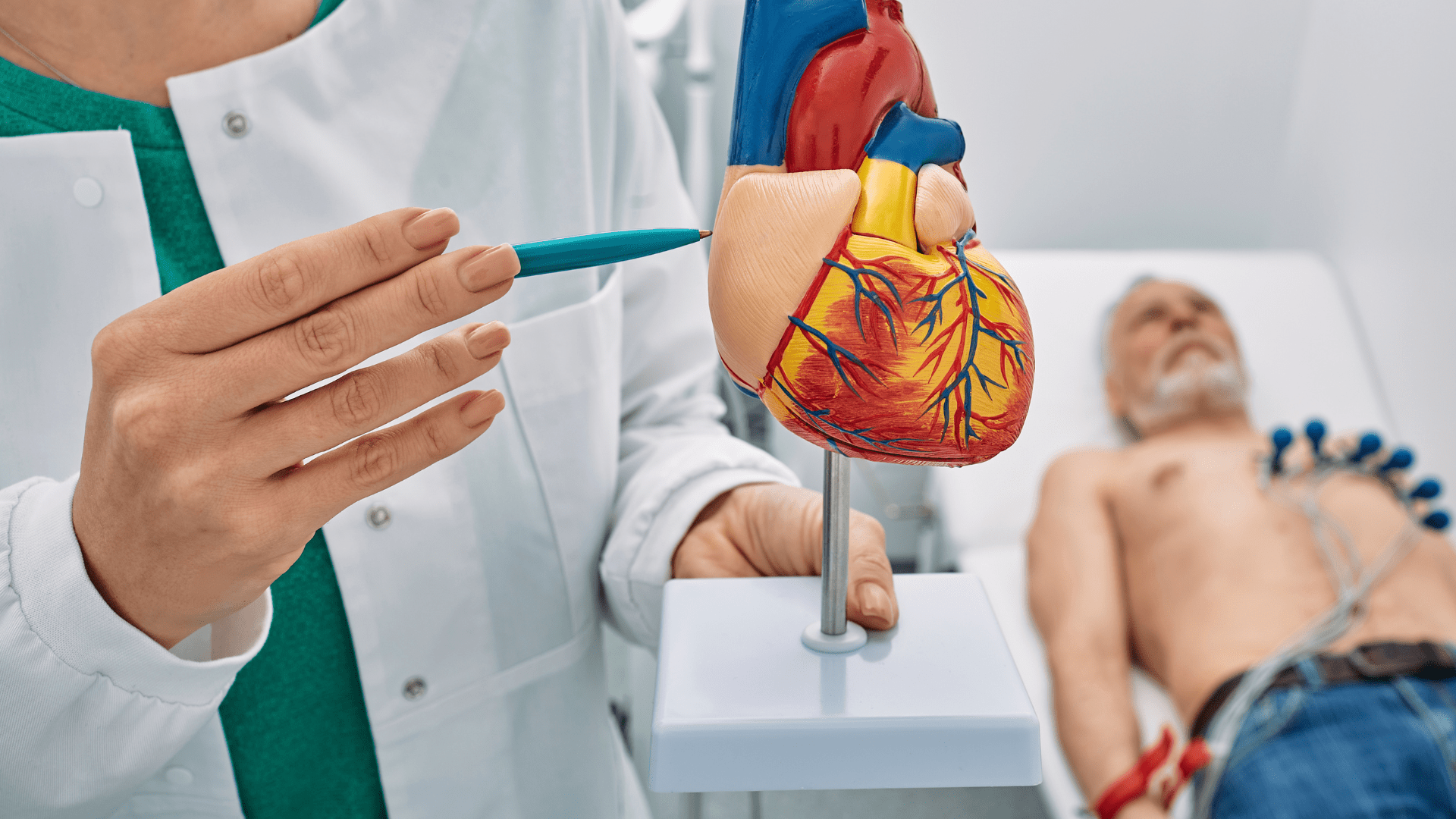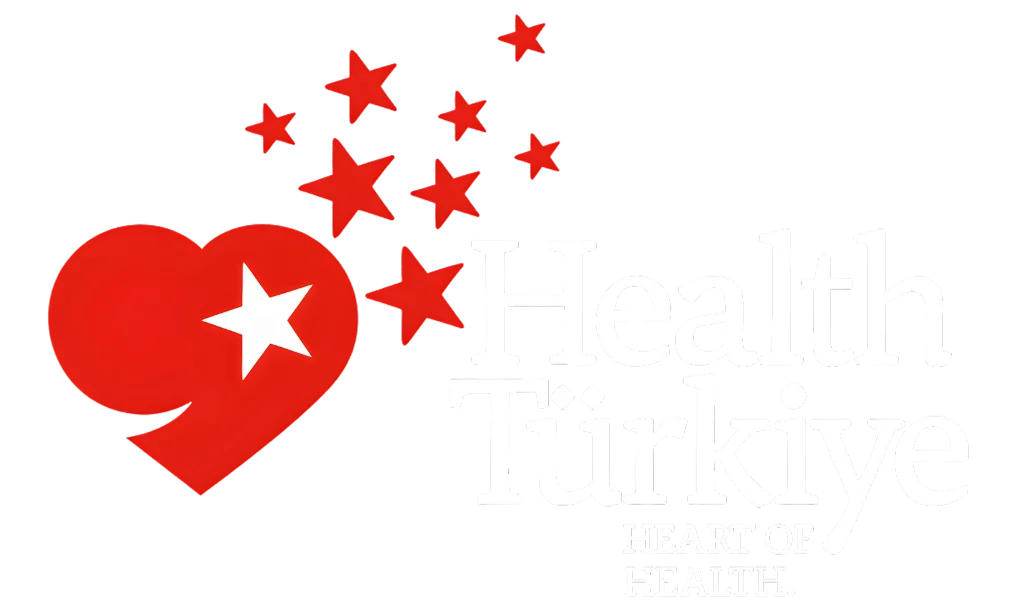What is Cardiology?
Cardiology is a branch of medicine that focuses on diseases of the heart and circulatory system and saves lives through diagnosis and treatment methods. Cardiologists aim to improve the quality of life of patients by identifying the causes, symptoms and most effective treatment methods for heart diseases.
Core Services of the Cardiology Unit
Diagnostic Methods
- Electrocardiography (ECG): A test that measures the electrical activity of the heart and detects rhythm disturbances.
- Exertion Test: Evaluates the performance of the heart during exercise.
- Echocardiography (ECHO): A method that examines the structure and function of the heart with ultrasound.
- Stress Echocardiography: Evaluates the performance of the heart under exercise.
- Catheterization and Imaging Tests: Shows the internal structure of the heart vessels in detail.
Treatment Options
- Medication Therapy: Medicines used in various heart diseases.
- Angioplasty and Stent Placement: Procedures to open vessel blockages.
- Heart Pacemaker Implantation: It is a device used in rhythm disorders.
- Coronary Artery Bypass Surgery: A surgical procedure that bypasses blocked heart vessels.
- Heart transplant: A last resort treatment for patients with severe heart failure.
Follow-up and Rehabilitation
- Regular Check-ups: This is done to monitor the progression of heart disease.
- Rehabilitation Programs: Designed to improve heart health and reduce risks.
Emergency Response
- Heart Attack and Arrhythmias: Conditions requiring urgent intervention.
- Intensive Care Units: Used for the treatment and monitoring of critically ill cardiac patients.
Diseases that the Cardiology Department deals with
- Coronary Artery Disease: Narrowing or blockage of the heart arteries.
- Heart Failure: The heart cannot pump enough blood.
- Arhythmia: Irregularities in the heart rhythm.
- Heart Valve Diseases: Dysfunction of the valves.
- Hypertension (High Blood Pressure): Persistently high blood pressure.
- Heart Infections: For example, endocarditis.
- Hereditary Heart Diseases: Congenital heart anomalies.
- Heart Attack: Interruption of blood flow to the heart muscle.
- Heart Abnormalities: Arrhythmia, electrical problems.
The Cardiology unit offers advanced diagnostic, treatment and rehabilitation services to protect and improve your heart health. Early diagnosis and effective treatment of heart diseases improves quality of life and saves lives.










